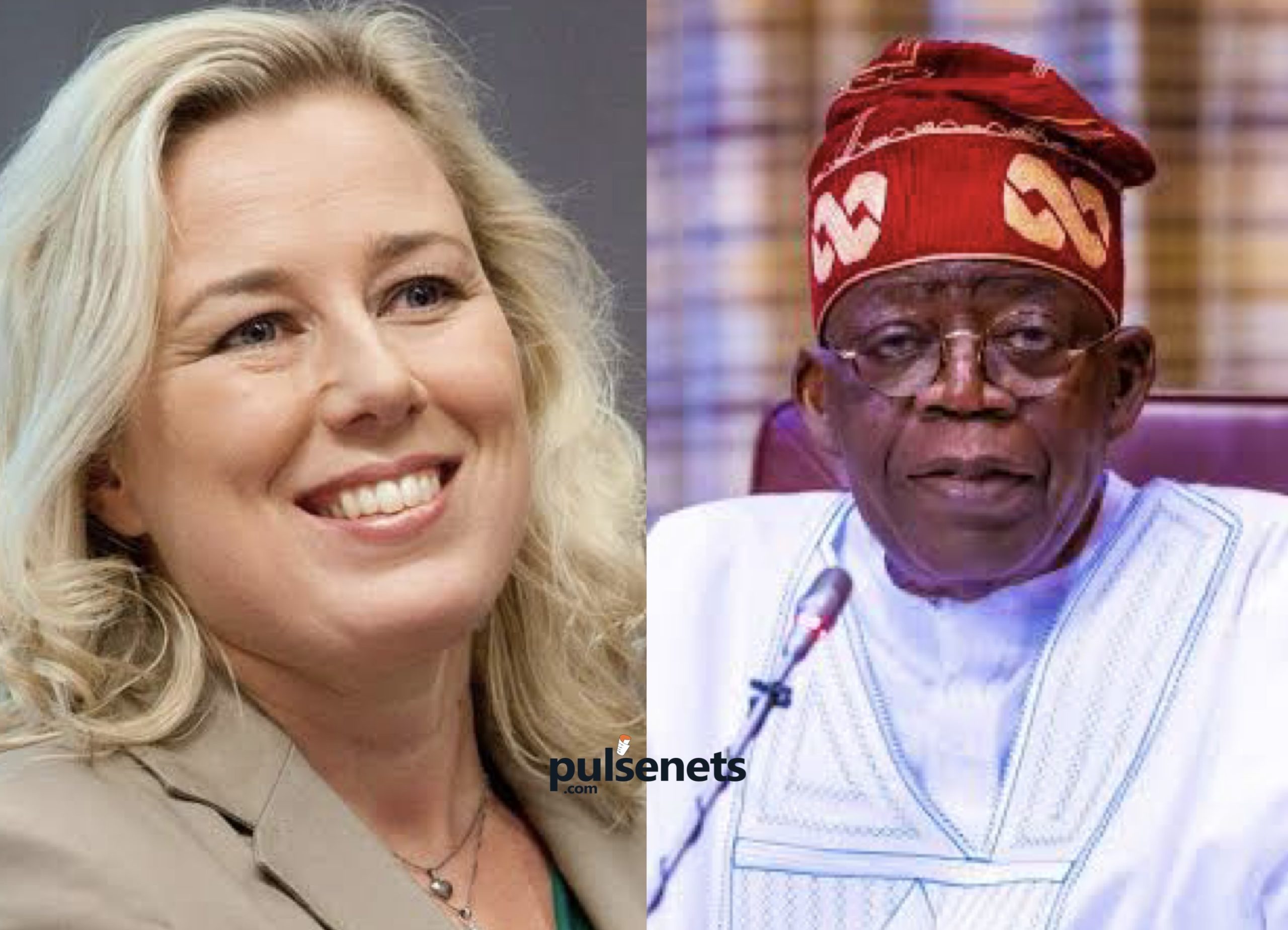Tinubu Calls for Strengthening Nigeria-EU Partnership Based on Democratic Values
President Bola Tinubu, during a meeting in Abuja on Thursday, emphasized the need to enhance cross-sectoral cooperation between Nigeria and the European Union, with a focus on upholding democratic principles, the rule of law, and freedom. The President made this call when he received a delegation from the EU, led by Jutta Urpilainen, the EU Commissioner for International Partnerships.
President Tinubu welcomed the signing of eight financing agreements between Nigeria and the EU under the “EU Global Gateway in Nigeria” during a separate event in Abuja. He emphasized the challenges of safeguarding democracy and expressed the importance of continuous efforts to ensure its success.
The President stressed the significance of economic collaboration with the EU, particularly in areas such as digital education, traditional and renewable energy, and broadband access. He highlighted ongoing reforms aimed at strengthening Nigeria’s economy to lift millions of its citizens out of poverty.
President Tinubu stated, “We have a young and dynamic population, and we are determined to succeed. If we succeed, democracy succeeds. If we succeed, freedom succeeds. We need all of our partners’ hands on deck to sail together. We look forward to strengthening our partnerships.”
Ms. Urpilainen, the EU Commissioner, commended Nigeria for its pivotal role as a key partner of the EU, not only in politics and economics but also in shaping the social landscape across the African continent.
She explained that over the past four years, the EU has been working to transform its relationship with Africa, moving away from the traditional donor-recipient dynamic. The EU is striving to establish an equitable and mutually beneficial partnership through the “Global Gateway” investment program, setting a goal of €300 billion in investments, with €150 billion earmarked for Africa.
Also Read: Sharia Council tells Tinubu to cut ties with Israel, send relief materials to Palestine
Ms. Urpilainen expressed her gratitude to President Tinubu for Nigeria’s significant role in supplying essential energy products during its recent standoff with Russia. She also highlighted the EU’s investments in critical infrastructure, including energy, transportation, and digital infrastructure, as well as in human capital, education, and research.
This meeting signifies a commitment to strengthening the partnership between Nigeria and the EU, guided by the principles of democracy and mutual prosperity.













